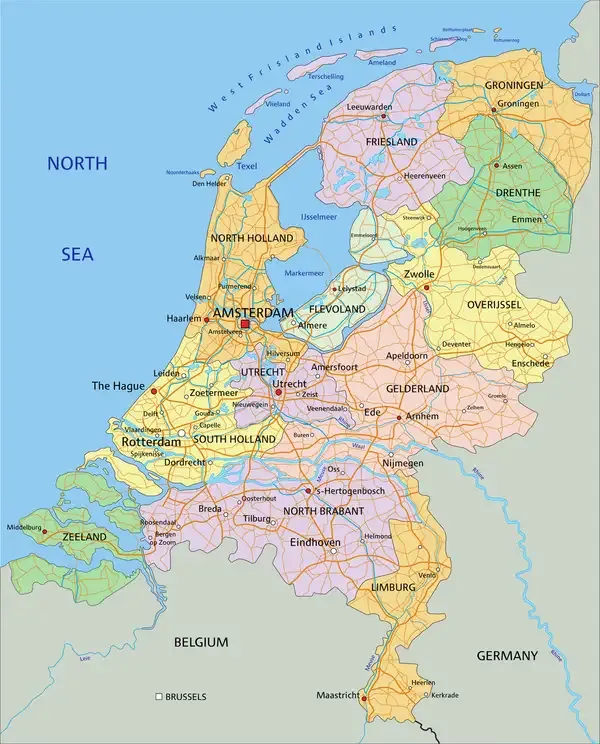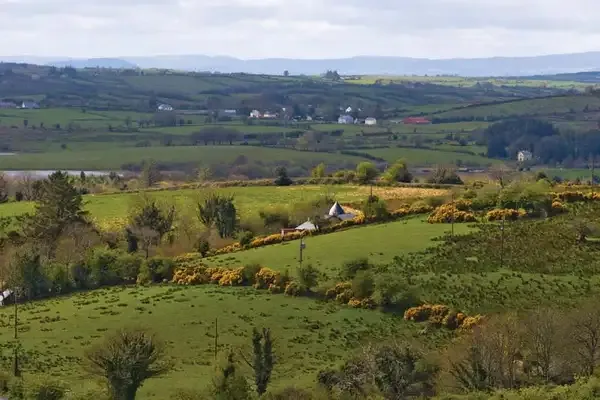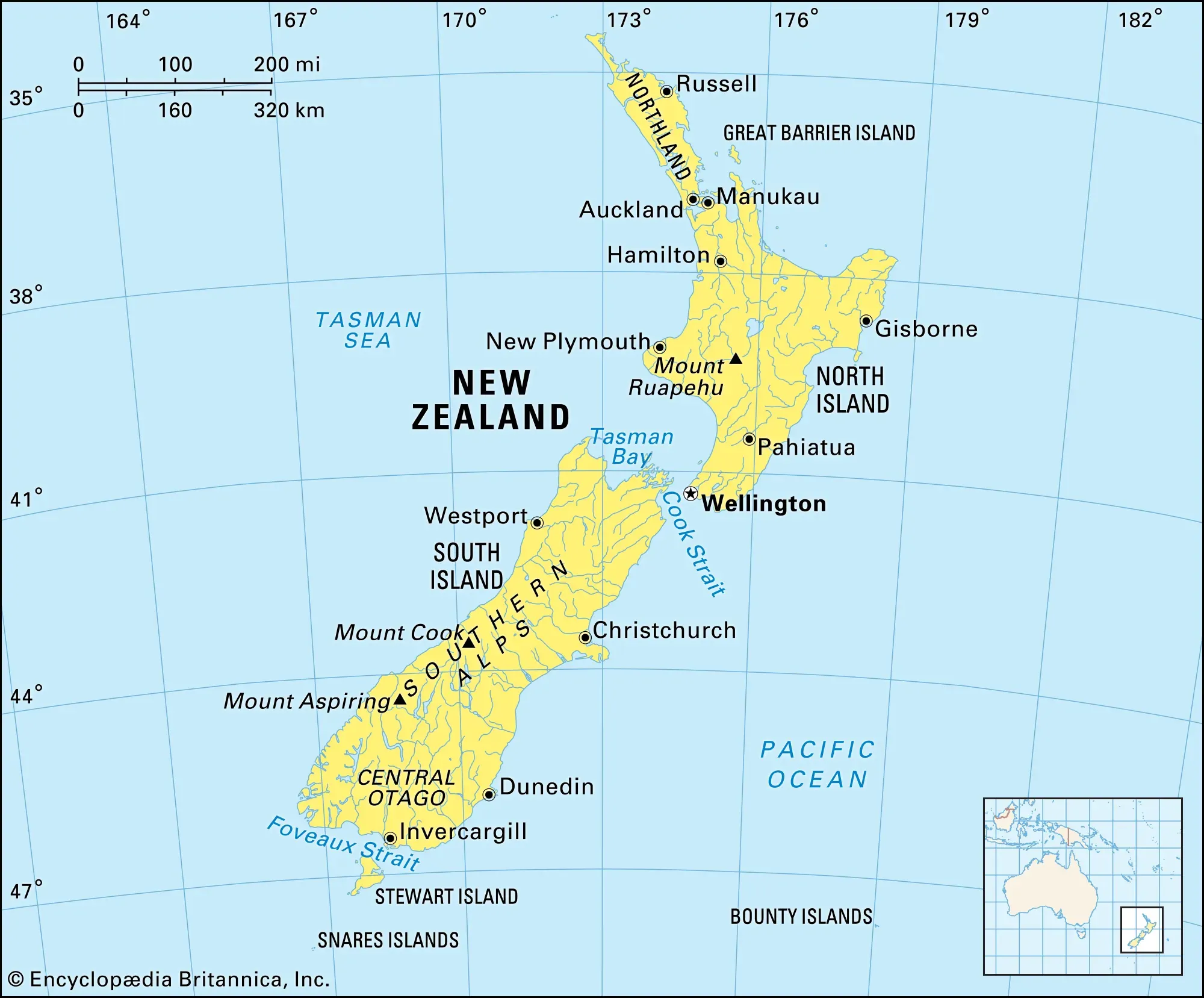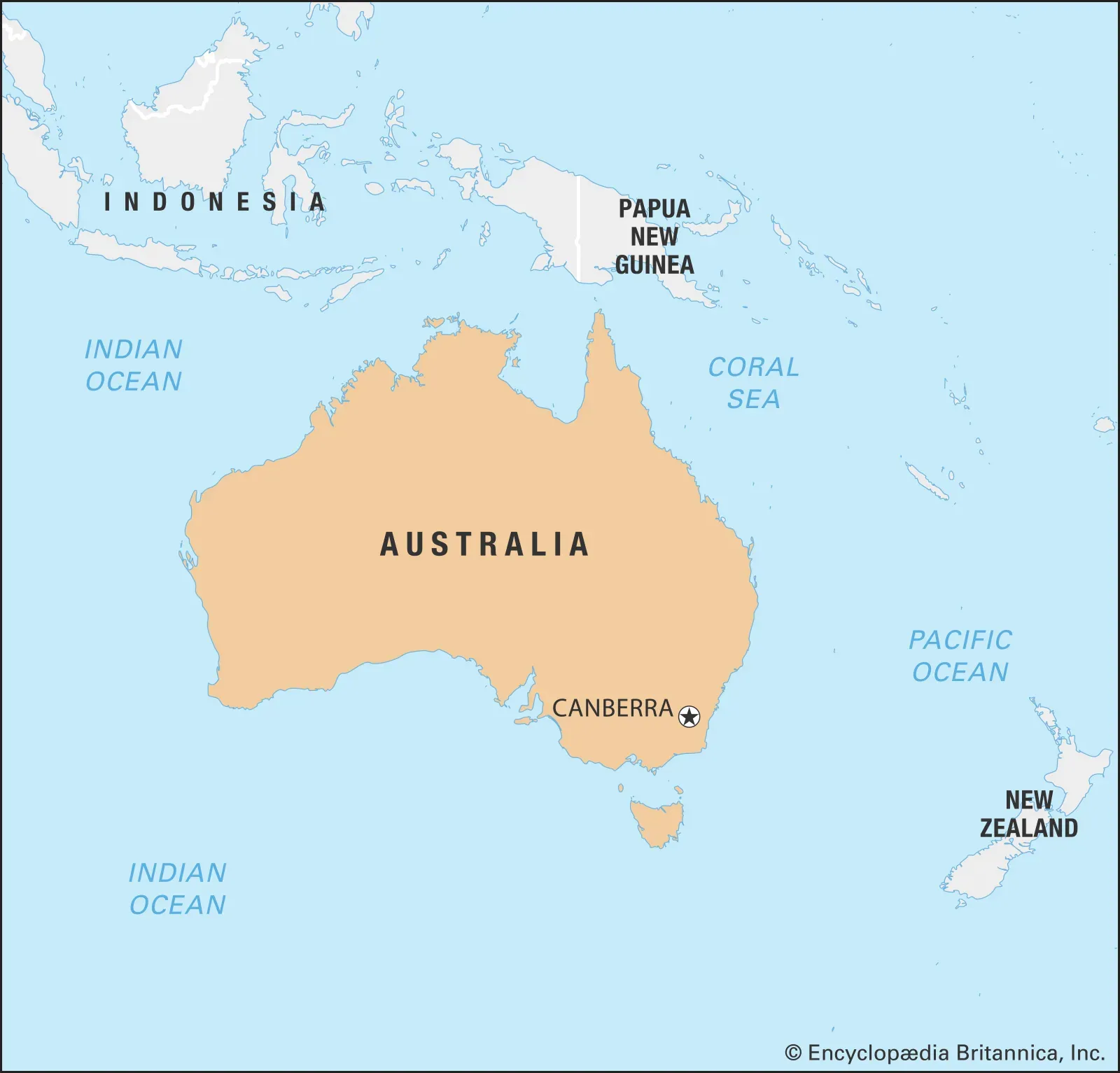What’s the Difference Between Great Britain and the United Kingdom?
Great Britain and the United Kingdom are often confused but refer to different entities. Great Britain is a geographical term that describes the island comprising England, Scotland, and Wales. The United Kingdom, or the UK, is a political entity that includes Great Britain and Northern Ireland. Therefore, while Great Britain refers to only the island, the United Kingdom encompasses four countries: England, Scotland, Wales, and Northern Ireland, making it a sovereign state with a broader political scope.
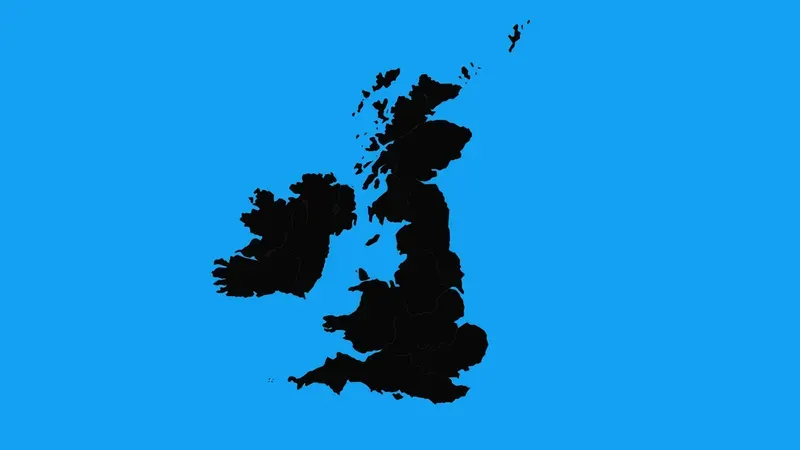
When discussing geography and politics, many people often confuse ''Great Britain'' and the ''United Kingdom''. While these terms are frequently used interchangeably, they refer to different entities. Understanding the distinctions between them is essential for anyone looking to grasp the complexities of British geography and governance.
Defining Great Britain
''Great Britain'' is the name of the largest island in the British Isles and is comprised of three countries: England, Scotland, and Wales. This island is notable for its rich cultural history, diverse landscapes, and significant political influence throughout the centuries. The term "Great Britain" specifically refers to the landmass itself and does not include Northern Ireland or any of the other smaller islands that are part of the British Isles.
Defining the United Kingdom
The ''United Kingdom'' (UK) is a sovereign country that includes four constituent countries: England, Scotland, Wales, and Northern Ireland. Formally known as the ''United Kingdom of Great Britain and Northern Ireland'', this political entity has a centralized government based in London, but also recognizes devolved governments in Scotland, Wales, and Northern Ireland, each with varying degrees of legislative power.
A Quick Comparison Chart
| Feature | Great Britain | United Kingdom |
|---|---|---|
| Geographical Scope | Island comprising England, Scotland, and Wales | Includes England, Scotland, Wales, and Northern Ireland |
| Political Status | Not a country; a geographical term | Sovereign state |
| Capital City | London (part of England) | London (capital of the UK) |
| Devolved Administrations | No devolved governments | Yes, for Scotland, Wales, and Northern Ireland |
| Includes Northern Ireland | No | Yes |
Historical Context
The terms have evolved over centuries, particularly during the formation of the ''United Kingdom''. The Kingdom of Great Britain was officially formed in 1707, following the unification of the Kingdom of England (which included Wales) and the Kingdom of Scotland. Later, in 1801, Ireland joined the union, creating the ''United Kingdom of Great Britain and Ireland''. However, after the majority of Ireland gained independence in 1922, the name changed to the ''United Kingdom of Great Britain and Northern Ireland'', which is what we know today.
Geographical Significance
Understanding the geographical distinction is vital for various reasons, including travel, education, and cultural studies. Great Britain is known for its iconic landmarks such as Big Ben, Edinburgh Castle, and Cardiff Bay. These sites attract millions of tourists each year, contributing significantly to the economies of England, Scotland, and Wales.
On the other hand, the ''United Kingdom'' encompasses a broader range of cultures and identities. While Great Britain includes some of the most populous areas, Northern Ireland offers a unique cultural heritage, distinct from its mainland counterparts. This diversity is reflected in the languages spoken, the traditions celebrated, and the political issues faced across the UK.
Political Structure
The political structure of the ''United Kingdom'' is another layer of complexity. The UK Parliament, located in Westminster, is responsible for national legislation. However, the devolved governments in Scotland, Wales, and Northern Ireland have their own parliaments or assemblies that handle local matters.
This political arrangement allows for tailored governance that can address the specific needs and issues of each constituent country. For instance, Scotland has its own laws regarding education and health, while Wales has its own Welsh Government that focuses on local policies. In contrast, Great Britain does not have any political subdivisions; it is simply a geographical term without legislative power.
Common Misconceptions
One of the most common misconceptions is that people often refer to the UK as "England" or "Great Britain," which can lead to confusion. England is just one part of the UK, while Great Britain excludes Northern Ireland. Understanding these distinctions is crucial for clarity in discussions about British identity, culture, and politics.
Conclusion
In summary, while ''Great Britain'' and the ''United Kingdom'' are terms that are often used interchangeably, they refer to different geographical and political entities. Great Britain is a large island that includes England, Scotland, and Wales, while the United Kingdom is a sovereign state that includes those three countries plus Northern Ireland. Recognizing these differences enhances our understanding of the region's rich history, political structure, and cultural diversity.
By grasping the nuances between these terms, you can engage in more informed discussions about British geography and politics, ensuring that you accurately represent the complexities of this fascinating part of the world.






